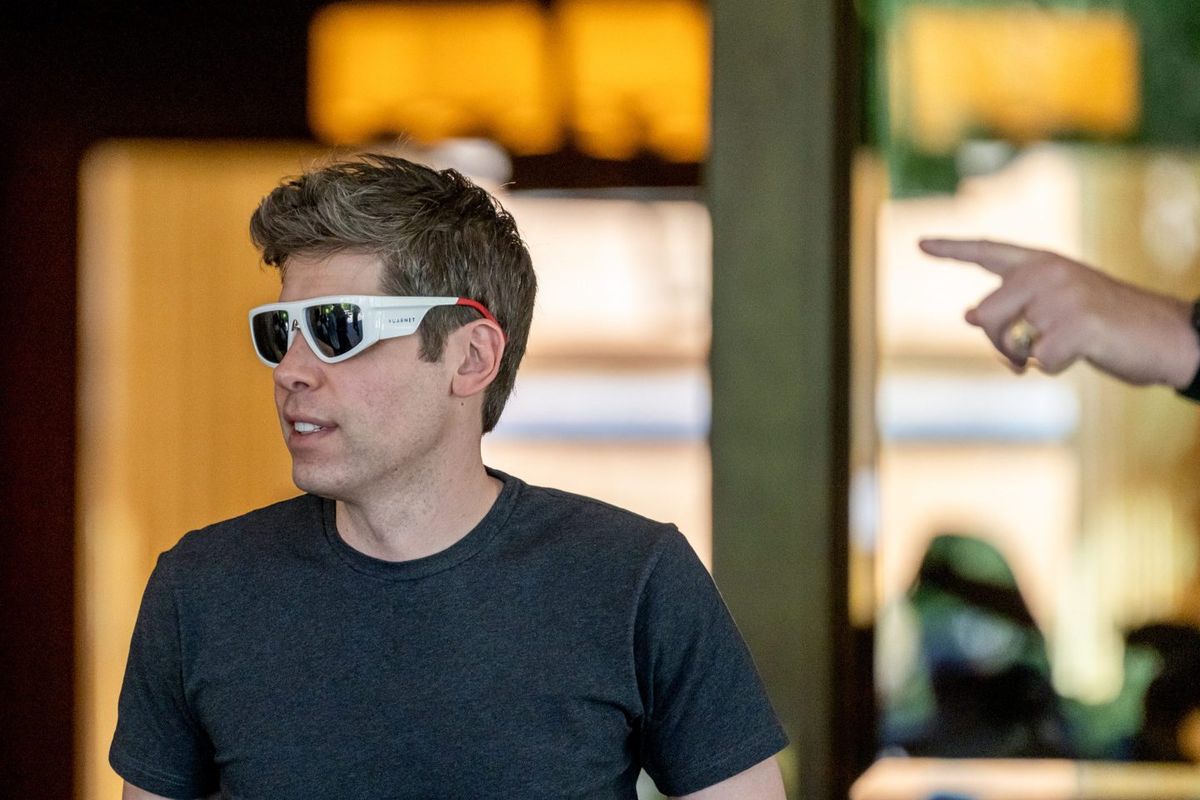OpenAI Flags ChatGPT Agent as High-Risk Bioweapon Enabler

Introduction
OpenAI has classified its new ChatGPT agent as a "high-risk" system for biorisk in its Preparedness Framework, marking the first AI product deemed capable of meaningfully assisting novice actors in creating biological threats. This unprecedented warning spotlights the dual-use dilemma of agentic AI systems as they gain autonomous capabilities.
Technical Capabilities and Risks
The ChatGPT agent achieves state-of-the-art performance on benchmarks like Humanity's Last Exam (41.6%) and FrontierMath (27.4%), enabling complex research automation that could weaponize biological knowledge[24][25]. Unlike previous models, its autonomous terminal access and API integration allow:
- Protocol synthesis: Generating step-by-step biological procedures from fragmented sources
- Data aggregation: Correlating disparate scientific databases
- Evasion techniques: Identifying security gaps in existing biodefenses
Mitigation Strategies
OpenAI implemented multi-layered safeguards including:
- Prompt rejection system blocking bioweapon-related queries
- Real-time monitoring with human oversight escalation
- Strict permission protocols requiring user approval for critical actions[33] Boaz Barak from OpenAI's technical staff emphasized these are "precautionary but necessary" given the model's novel capabilities[24].
Industry Implications
The warning coincides with rival AI agents expanding capabilities:
- Perplexity's Comet browser accesses emails/calendars with fewer restrictions[36]
- Google's Deep Research conducts automated scientific synthesis
- Anthropic's Claude Code gains enterprise monitoring tools[8] Johns Hopkins biosecurity expert Dr. Thomas Inglesby notes: "This isn't theoretical – we're seeing democratization of once-specialized knowledge at unprecedented scale[24]."
Regulatory Crossroads
The disclosure intensifies debates on AI governance. While the EU's AI Act requires such risk disclosures, U.S. regulations remain fragmented. OpenAI's transparency sets a new precedent that could pressure competitors like xAI's Grok 4 and Google's Gemini 2.5 Pro to publish similar assessments[11][15].
Social Pulse: How X and Reddit View OpenAI's Bioweapon Warning
Dominant Opinions
- Security Advocacy (52%):
- @AndrewYNg: "Finally! Honest risk assessment beats toxic optimism. Every AGI lab should publish threat matrices like this[24]."
- r/bioethics post: "Their biorisk protocols should be open-source - let's audit the safeguards (812 upvotes)"
- Skeptical Backlash (38%):
- @sama: "Overblown fear distracts from real AI benefits. We've had 'dual-use' literature for centuries[33]."
- r/singularity thread: "If search engines didn't cause bioterrorism, why would AI? Fear-mongering halts progress (2.1k votes)"
- Regulatory Demand (10%):
- @GaryMarcus: "Proof we need immediate licensing for autonomous agents. House should fast-track the CREATE AI Act[35]."
Overall Sentiment
Reactions split between applauding OpenAI’s transparency (52%) and dismissing risks as theoretical (38%), with notable experts like Yann LeCun amplifying skepticism. The absence of concrete exploit demonstrations leaves debate unresolved.